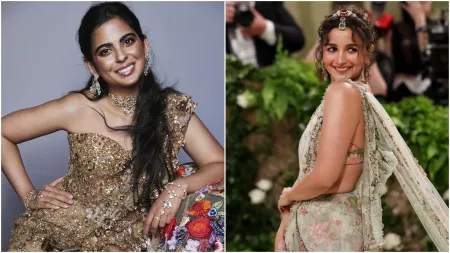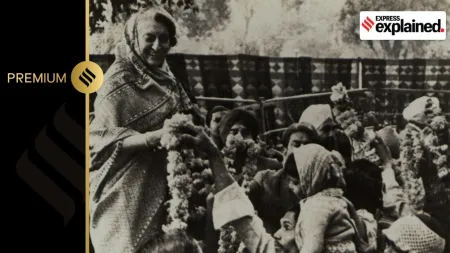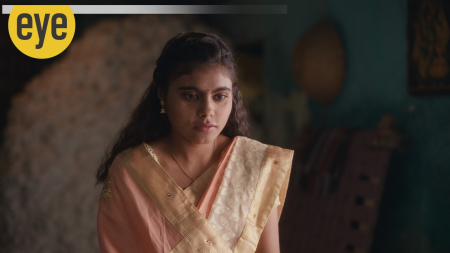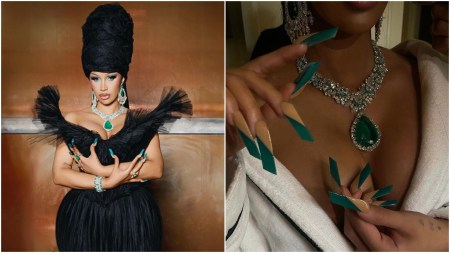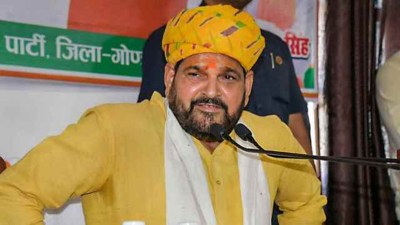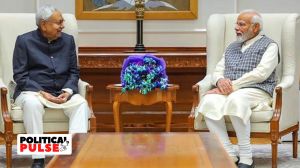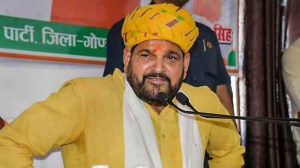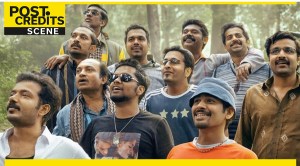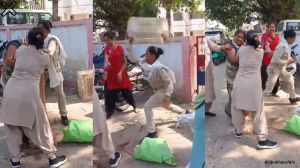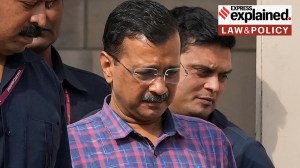- India
- International
Dongri observes first Muharram without cleric Athar in 59 years
Every Muharram, Shia Muslims gather in Dongri to mourn the Prophet’s grandson Imam Hussein.
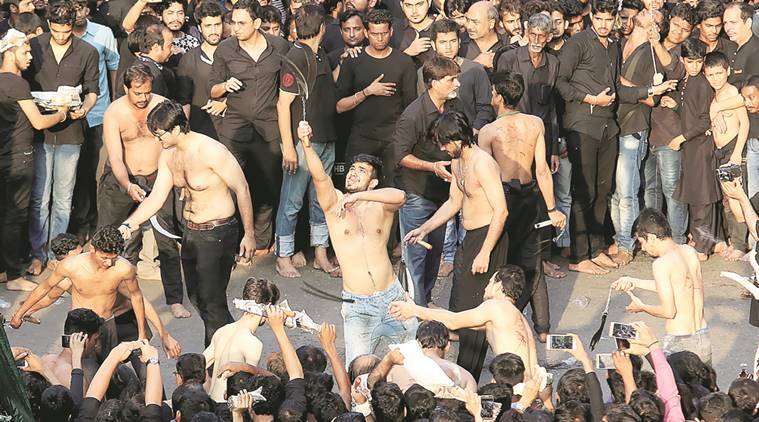 Shia Muslims gather for a Muharram procession at Bhendi Bazar on Wednesday. Source: Prashant Nadkar
Shia Muslims gather for a Muharram procession at Bhendi Bazar on Wednesday. Source: Prashant Nadkar
IT WAS the first Muharram since 1957 that Shia cleric Maulana Mirza Mohammad Athar, who passed away earlier this year, was not present in the lanes and bylanes of Dongri, peering down from roadside television screens. The screens would run live feeds from the local Mughal masjid (Iranian masjid) and Khoja masjid, where generations of Shias grew up listening to Athar talk about little-known details of the battle of Karbala.
The battle was fought in 680 AD in Karbala — located in present day Iraq.
It led to the death of the Prophet’s grandson, Imam Hussein, and several of his family members who refused to swear allegiance to Ummayad Caliph Yazid I as the next caliph.
On Muharram each year, Shia Muslims gravitate to Dongri, the epicentre of Shia activity in Mumbai, dressed in black clothes, barefoot and with dishevelled hair, to feel the agony that the Prophet’s grandson and his army of 72 felt nearly 1,400 years ago.
While Muharram is the first month of the Islamic calendar, the sighting of the new year moon marks the beginning of the period of intense mourning for Muslims, especially Shias. In areas such as Dongri, Bandra, Mira road and Mumbra, ‘sabeels’ distributing water come up as soon as the month of Muharram begins.

Zeenat Babul, an Andheri resident who comes to Dongri every Muharram, said, “Imam Hussein and his family had been denied water by Yazid and his troops, who surrounded the river Euphrates from all sides. Even his six-month-old son Ali Asgar was not given water. Hence, during Muharram, we set up sabeels everywhere to give water to thirsty people in the remembrance of Hussein and his family. We even sit down while drinking water as a mark of respect,” Babul told The Indian Express.
Apart from sabeels, on TV, majlises or sermons replace movies and TV programmes and ‘nauhas’ (elegies) replace songs.
While there are other pockets in Mumbai and its surrounding areas where religious programmes are carried out, most Shias head to Dongri on the ninth and tenth days.
Here, apart from majlises playing all day, there is also the element of ‘azaadari’ (mourning) comprising of ‘juloos’ (religious processions) and ‘maatam’ (chest beating), carried out in a big way. Maatam includes beating the chest with the hands while ‘zanjeer ka maatam’ is self-flagellation with knives attached to chains hooked to a wooden handle. While there has been unease in some sections about this form of mourning, members of the community look at it as a symbolic act.
Mohamed Raza (32), a bio medical engineer who works in the western suburbs, said, “Zanjeer ka maatam is our way of expressing anguish that we could not be present when the war (battle of Karbala) took place and there was no one to protect the family of the Prophet’s grandson. There are different ways of expressing grief, some prefer spilling tears, some spilling blood.”
Raza’s younger brother Ali, who works in the aviation industry and performs Zanzeer ka matam most years, said, “Inspite of so many people performing this maatam, show me one person who has suffered any serious injury because of this. After the maatam, several of us sprinkle rosewater on the back and cover the marks and the wound heals by itself. For me, this in itself is a miracle.”
As the sun set on Tuesday night, marking the day of Ashoor (10th Muharram), when the actual battle of Karbala was fought, the streets of Dongri were covered in a sea of black.
The processions carrying alams (flags), distribution of food, water and sherbat, and the buzz on the street went on till around 5.30am, when most Shias went to sleep after performing the morning namaaz.
On Wednesday, they kept a ‘fakha’, meaning not eating or drinking till late afternoon when the battle of Karbala was fought.
One of the pointers of how mournful the day of Ashoora is for Shias is that they prefer to not even say the customary ‘salaam’ to each other, something that is preferable on the other days of the year. “Salaam means wishing the other person peace. When the Prophet’s grandson and his family were in such agony, how can we wish peace on each other?” said Babul, explaining the custom.
Buzzing Now
May 10: Latest News
- 01
- 02
- 03
- 04
- 05




